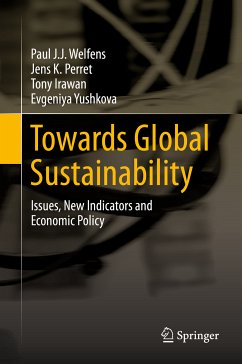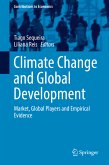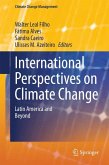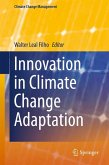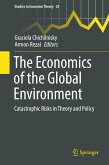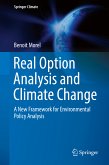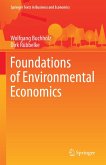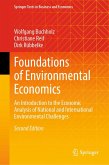This study develops a new indicator for national and global sustainability. The main components of the EIIW-vita indicator are: the share of renewable energy, the genuine savings rate, and the relative "green export" position of the respective countries; it is in line with OECD requirements on composite indicators. As green exports are related to technological progress and environmental-friendly products, there is also a Schumpeterian perspective of this indicator. An extended version furthermore looks at water productivity. The analysis highlights the BRIICS countries as well as the US, Germany, France, Spain, Italy, the UK, and Japan. Moreover the special challenges and dynamics of ASEAN countries and Asia are discussed. The book derives key implications for economic and environmental policy and shows that the new global sustainability indicator is not only relevant for green progress, but also useful as a signal for international investors. The construction of the EIIW-vita global sustainability indicator is such that investors, citizens, and governments can easily interpret the results. Correlation analysis of the new sustainability indicator with the human development index indicates complementarity, so that a new hybrid superindicator can be constructed.
Sustainability rhetoric dominates environmental policy. This fresh assessment of key "pillars" of sustainable economic performance and growth is a valuable contribution to greening the economy, the leitmotiv of the latest Rio Earth Summit. The book places the discussion of sustainability on solid data. The rather surprising results of its new sustainability index should make policy makers rethink their environmental and economic strategies. Prof. Dr. Peter Bartelmus Columbia University, New York
Many people put the economy first when sustainability concerns are raised, while environmental indicators are often developed without a sense of socio-economic performance. This importantnew book bridges the gap. It sheds light on crucial indicators such as renewable energies, exporting green goods and services, genuine savings, and water productivity. And it helps to observe the impressive changes at a global scale and in countries such as China. A must read for all experts interested in those issues. Prof. Dr. Raimund Bleischwitz University College London
Dieser Download kann aus rechtlichen Gründen nur mit Rechnungsadresse in A, B, BG, CY, CZ, D, DK, EW, E, FIN, F, GR, HR, H, IRL, I, LT, L, LR, M, NL, PL, P, R, S, SLO, SK ausgeliefert werden.

